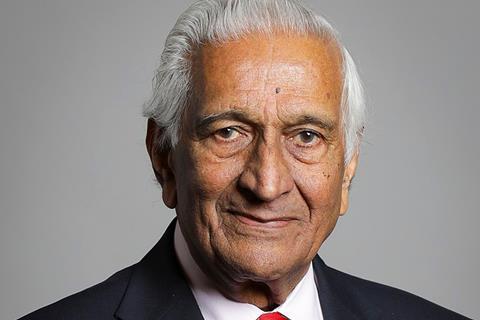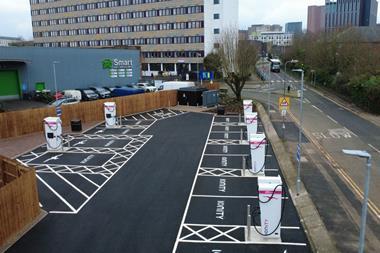
The UK’s EV battery industry is being let down because of failures by the government, according to a report by the House of Lords cross-party Science and Technology Select Committee.
The report concludes that actions taken by the government do not align with its ambition to achieve net zero emissions, nor do they take advantage of opportunities presented by batteries and fuel cells for the UK’s research and manufacturing sectors.
The committee warned:
- the UK risks losing its existing automotive industry and falling further behind global competitors in battery manufacture;
- the UK is failing to make the most of its expertise in fuel cells and next-generation batteries, in which it could take a global lead.
The committee was alarmed by the contrast and apparent disconnect between the optimism of ministers about the UK’s prospects, and the concerns raised by other witnesses who fear that the UK is lagging behind its competitors and facing significant challenges with innovation, supply chains and skills.
The committee set out a number of recommendations for the government and research funders, aimed at protecting the UK’s automotive sector and developing a competitive advantage for the UK in fuel cells and next-generation batteries.
It called for:
- government support to develop UK supply chains and secure raw materials for battery manufacture, ahead of UK-EU ‘Rules of Origin’ coming into force in 2027 that could cause manufacture to move to the EU.
- government action to ensure the automotive sector has sufficient skilled workers for its transition from mechanical to electrical technology, including through training, upskilling and immigration.
- increased funding for the development of next-generation batteries, to allow the UK to leapfrog its competitors and gain an advantage for future manufacture of batteries and vehicles.
The report seeks further action from government, including:
- acceleration of the expansion of the public charging network, to deliver 325,000 charging points by 2032, including rapid chargers in towns and on the strategic road network;
- a rapid decision following the consultation on phasing out the sale of new diesel HGVs to spur innovation and uptake of low-carbon technologies;
- urgent publication of the Government’s hydrogen strategy and related decarbonisation strategies, to give clarity to hauliers and bus operators about whether to invest in fuel cell vehicles; and
- establishment of research and innovation institutions for fuel cells, to exploit the UK’s expertise and support UK companies to take a global lead.
Commenting on the report, Lord Patel, chair of the Lords Science and Technology Committee, said: “The committee found that the government’s ambition to reach net zero emissions is not matched by its actions. The government must align its actions and rhetoric in order to take advantage of the great opportunity presented by batteries and fuel cells for UK research and manufacturing.
“The government must act now to avoid the risk of the UK not only losing its existing automotive industry, but also losing the opportunity for global leadership in fuel cells and next-generation batteries. The government must develop a coherent successor to the industrial strategy and promote its objectives clearly, both domestically and internationally, supported by investments commensurate with those of the UK’s international competitors.”

































No comments yet